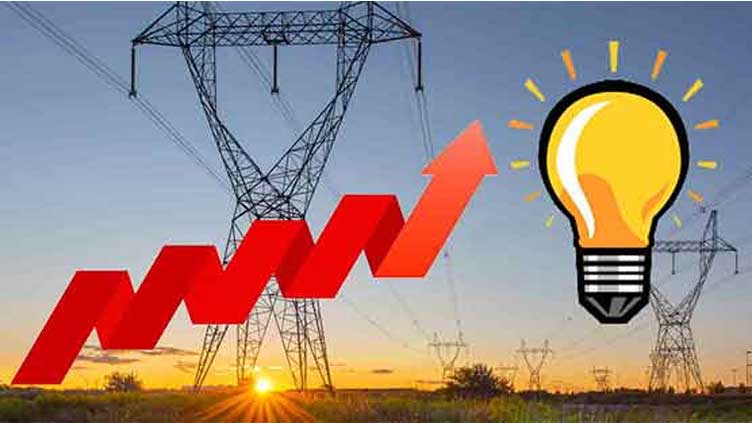
Electricity bills in Pakistan are an essential aspect of both household and business budgets. However, deciphering the intricacies of these charges, particularly the various taxes involved, can be a formidable task. As of 2023, we are committed to unraveling the complexities of the 9 taxes on electricity bills in Pakistan. Our aim is to provide you with a comprehensive understanding of each component, ensuring absolute transparency in your billing statement.
1. Electricity Duty
- Description: This provincial charge, ranging from 1% to 1.5% of variable charges, contributes to the local treasury.
- Applicability: All consumers, regardless of category, are liable for this duty.
2. General Sales Tax (GST)
- Description: A significant 17% tax applied to the entire electricity bill, as mandated under the Sale Tax Act of 1990.
- Applicability: This tax applies universally, affecting all consumer categories.
3. PTV License Fee
- Description: An additional fee directly added to your electricity bill. Domestic consumers incur Rs35, while commercial consumers face a charge of Rs60.
4. Financing Cost Surcharge
- Description: This surcharge, imposed at a rate of Rs0.43 per kWh, plays a pivotal role in financing the power sector.
- Exemptions: Excluded only for those falling within the “lifeline” domestic consumer category.
5. Fuel Price Adjustment (FPA)
- Description: A dynamic component reflecting the variance between actual and reference fuel charges.
- Impact: If actual charges surpass the reference, additional costs are borne by consumers, while lower actual charges lead to reduced bills.
6. Extra Tax
- Description: Industrial and commercial consumers not registered in the Federal Board of Revenue’s active taxpayer list are subject to this tax, ranging from 5% to 17% based on different bill amount slabs.
7. Further Tax
- Description: An additional 3% tax levied on all consumers lacking a Sales Tax Return Number (STRN), with exemptions for domestic, agricultural, bulk consumers, and streetlight connections.
8. Income Tax
- Description: Charged at varying rates, dependent on the applied tariff and the electricity bill’s total amount.
9. Sales Tax
- Description: Commercial consumers face a 5% tax on bills up to Rs20,000 and 7.5% on bills exceeding Rs20,000.
Understanding these taxes on electricity bills in Pakistan is vital for effective financial planning. For accuracy and to stay updated with any changes in tax regulations, it is advisable to refer to official government sources.
Go Solar with Enabling Solutions and Pay Zero Taxes on Electricity Bills in Pakistan

As you seek relief from the burden of high electricity and taxes on electricity bills in Pakistan, consider embracing the power of solar energy with Enabling Solutions, the foremost Renewable Energy Company in Islamabad and Lahore. Our extensive expertise spans Residential, Commercial, Industrial, and Agricultural solar solutions. Through our cutting-edge net metering technology, you can harness the sun’s energy while diminishing your reliance on conventional sources and get rid of taxes on electricity bills in Pakistan . This transition not only leads to substantial savings but also contributes to a greener, more sustainable future. Join us in the renewable energy revolution and take control of your energy expenses while championing a cleaner environment. It’s time to make the switch to solar, and Enabling Solutions is here to guide you every step of the way.
Conclusion
Decoding your electricity bill in Pakistan is no small feat, with a myriad of taxes and charges that can make your head spin. However, being aware of these nine key components – Electricity Duty, GST, PTV License Fee, Financing Cost Surcharge, FPA, Extra Tax, Further Tax, Income Tax, and Sales Tax – can help you understand where your money is going.
Remember, these taxes and fees can vary depending on your specific circumstances, such as your location and the details of your electricity usage. While it might seem complex, gaining a clear understanding of your bill can empower you to make more informed decisions about your energy consumption and potentially save money in the long run.
In 2023, as we continue to navigate an ever-evolving world, staying informed about these financial aspects is more vital than ever. So, keep this guide handy and take control of your electricity consumption. After all, knowledge is power, and in this case, it’s the power that keeps your lights on!
Disclaimer: The taxes on electricity bills in Pakistan rates and regulations mentioned are as of 2023 and are subject to change. Verify the current tax structure from official sources for accuracy.




